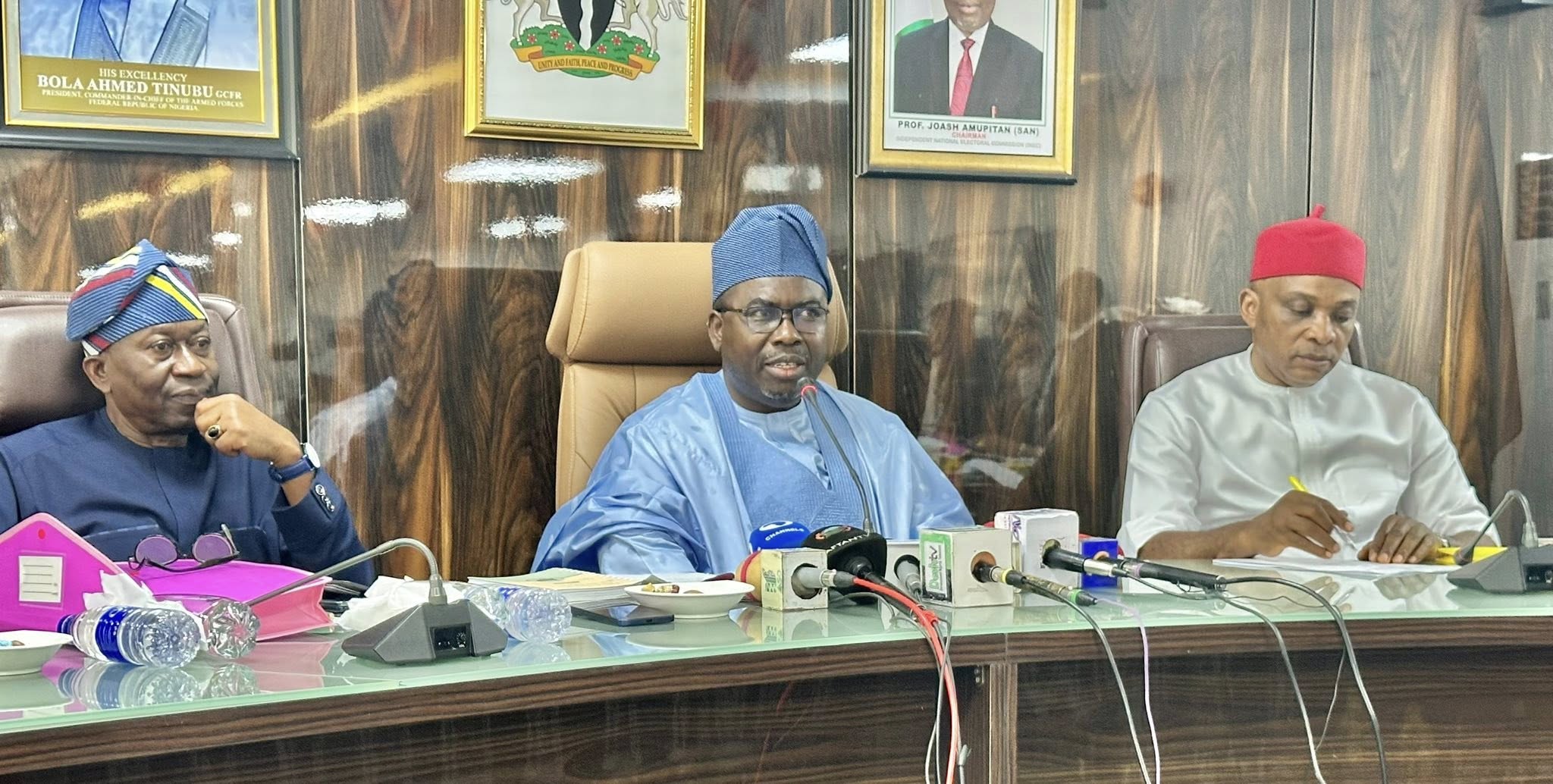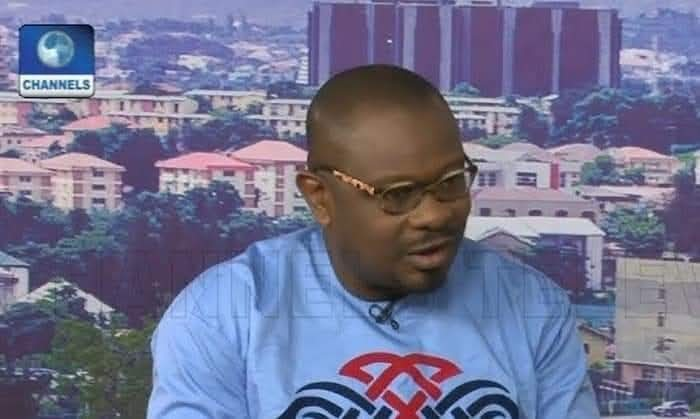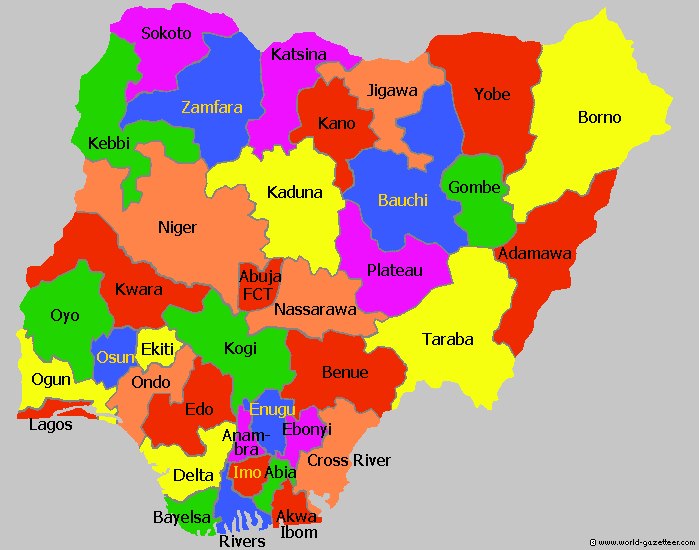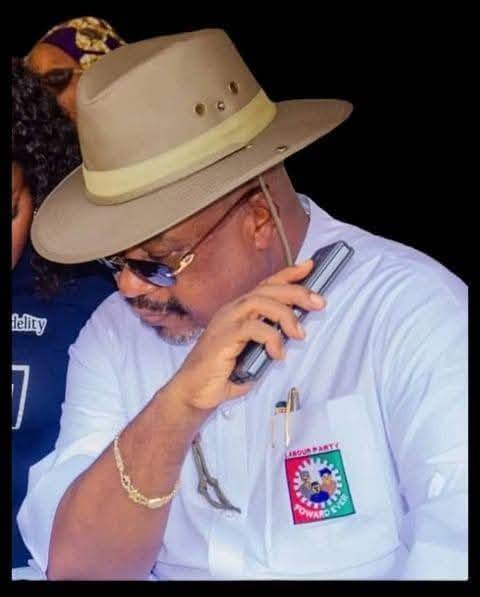BUDGIT DIRECTOR SAYS FAILED DEMOCRACIES CAUSE OF MILITARY COUPS IN WEST AFRICA, AS CIVICTECH CONFERENCE HOLDS IN LAGOS
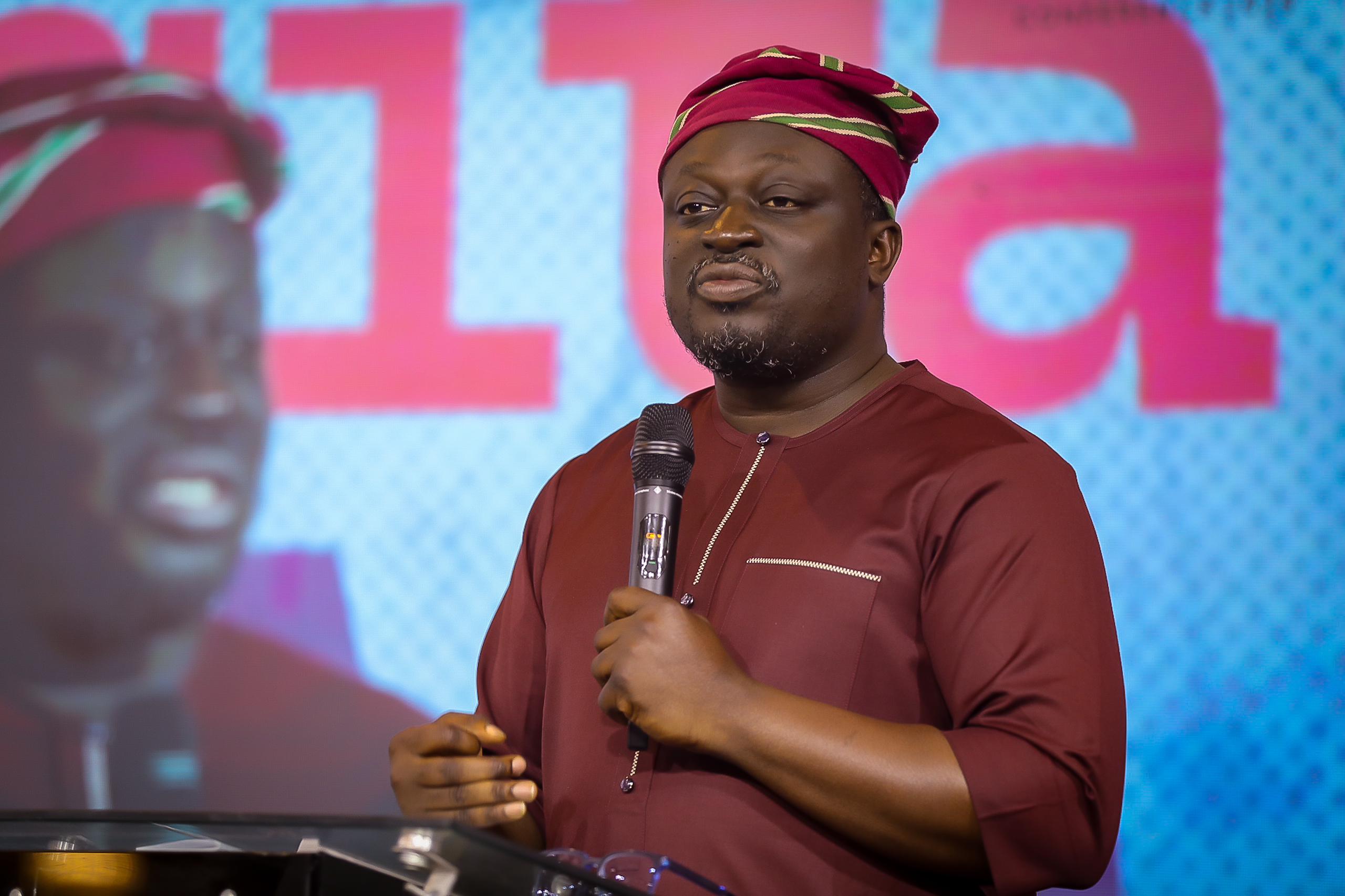
The rate at which democratic governments are being overthrown by military coups across West African continues to challenge stakeholders in governance and civil societies.
With the latest incident in Cote d’Ivoire, Oluseun Onigbinde, the Co-founder and Director of Budgit, says that democracy suffers when it fails to deliver development to citizens.
Onigbinde shared the view in a keynote speech at the West Africa CivicTech Conference, held in Victoria Island, Lagos.
With participants, mainly young people drawn across Ghana, Cape Verde, Togo, Senegal, among others, the conference explored topics such as Strengthening Democracy in West Africa Through Technology and Democracy in Digital Age.
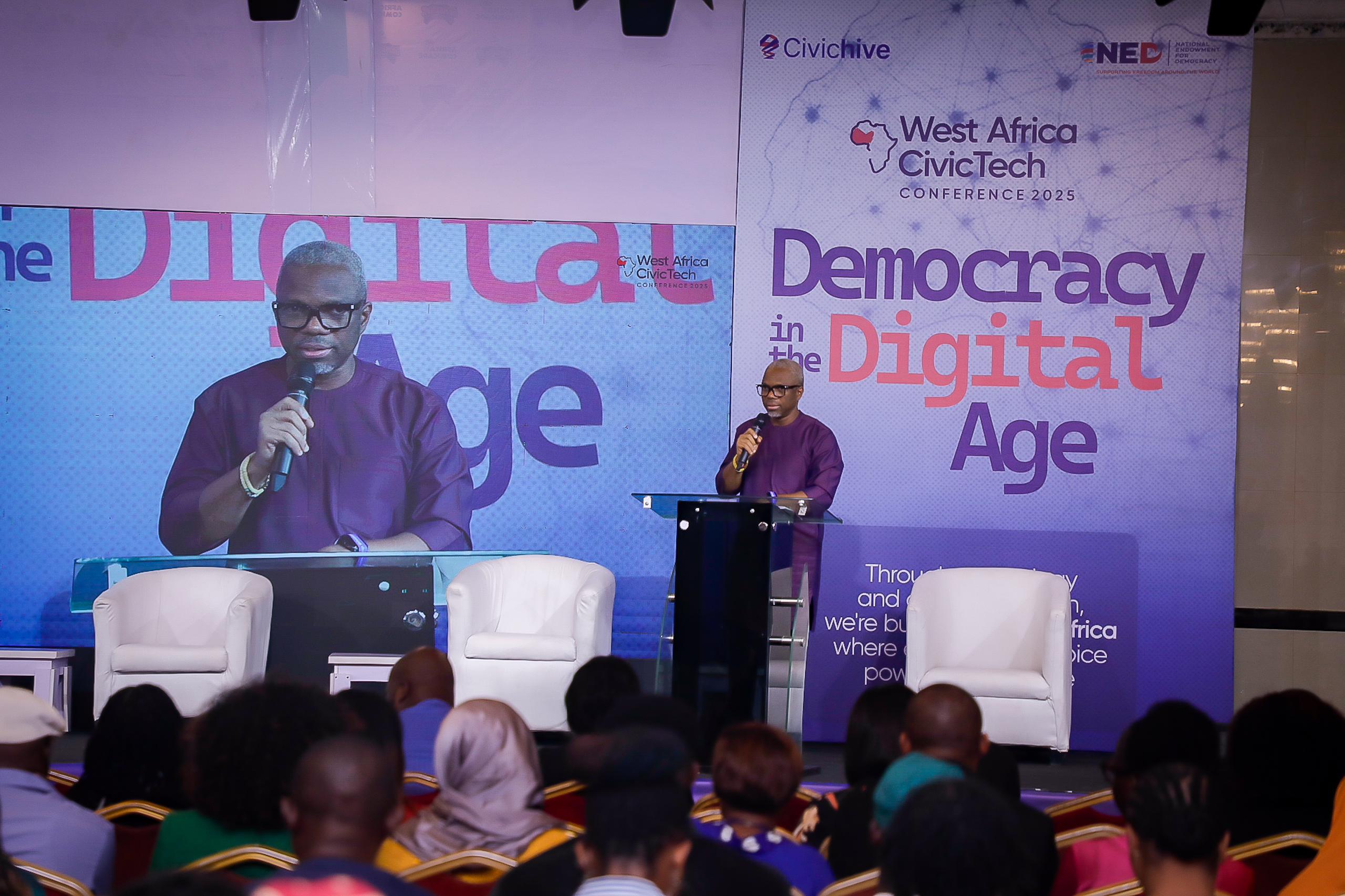
In his submission, Oleseun Onigbinde said the failure of democracy in various countries pose a threat to civic spaces, hence the need to explore technological options to strengthen the system.
“Technology can do a lot to help, like I mentioned. But technology cannot fix the value system, the mindset. It cannot fix how people use state power. The art of democracy that makes it enduring is that it should deliver good promises to the people” he said.
Onigbinde further said that “when people take actions that continue to shut out debate, descent, and access to transparency and accountability, overtime you’ll begin to lose the essence of democracy.”
He referred to unveiling situation in Ivory Coast, with emerging report of a coup, stressing that what was happening in the country was not justified.
“You have a situation where the incumbent government deliberately wants to extend its tenure and is already shutting out opposition with frivolous approaches. Those are the things that weaken democracy and embolden groups to truncate it” he asserted.
On the use of technological solutions to solve some of the problems confronting democracy, like the conduct of election, the Budgit Director said that there must be punishment for those who compromise the democratic system, just like what happened during the 2023 presidential election in Nigeria.
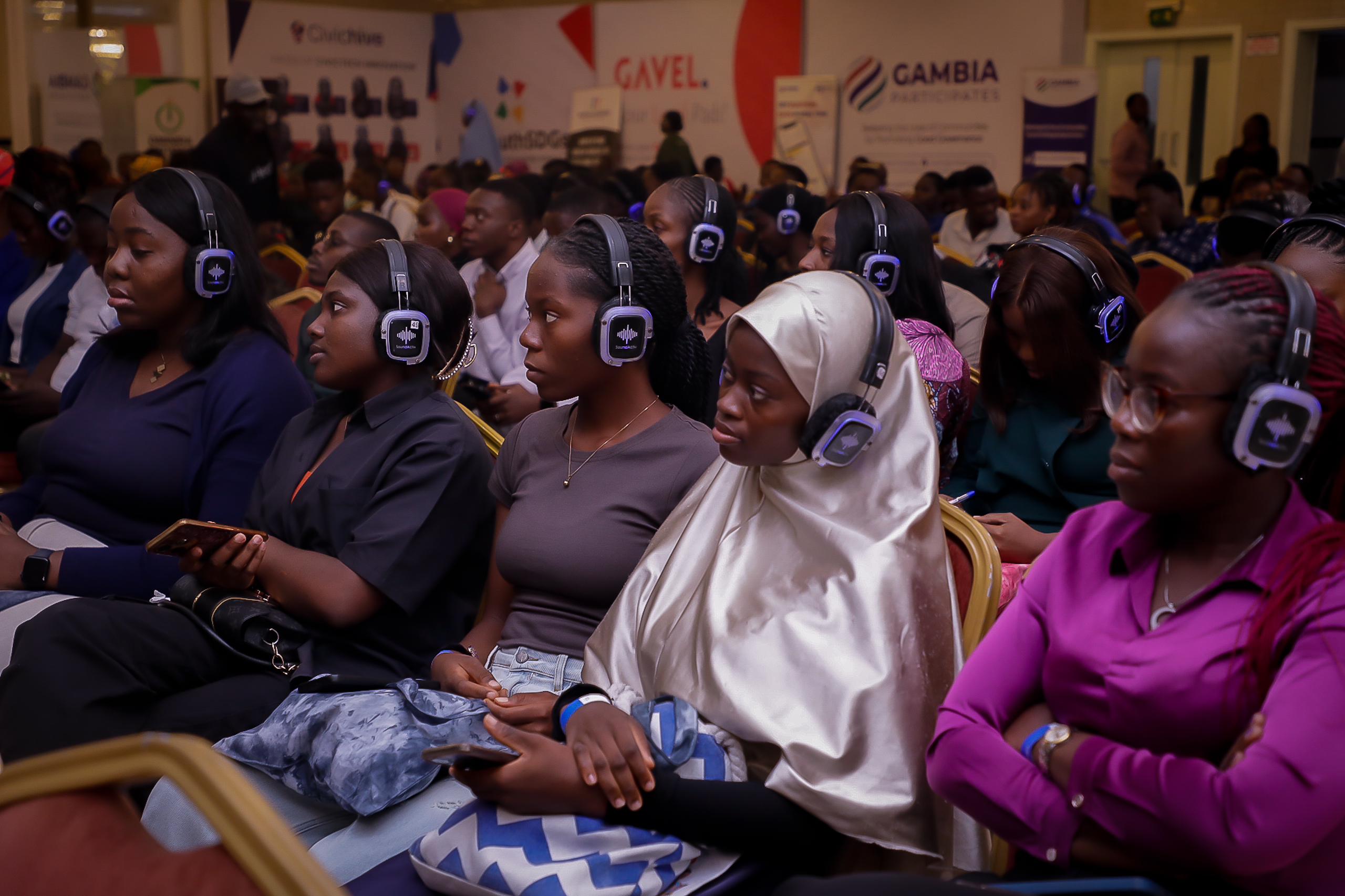
“I was a big advocate that when the IReV thing happened, the INEC Chairman should have resigned. Because there must be high penalty. You cannot expend public resources on a technology solution, which was meant to engender trust in the electoral system, and you failed to deliver at the most important period, and you still retain your seat” he advocated.
Joseph Amenaghawon, the Head of Civic-Hive and convener of the conference, delivered the welcome address, in which he said that the goal was to replicate civic-tech solutions to solve the problems of elections in Nigeria and other parts of West Africa.
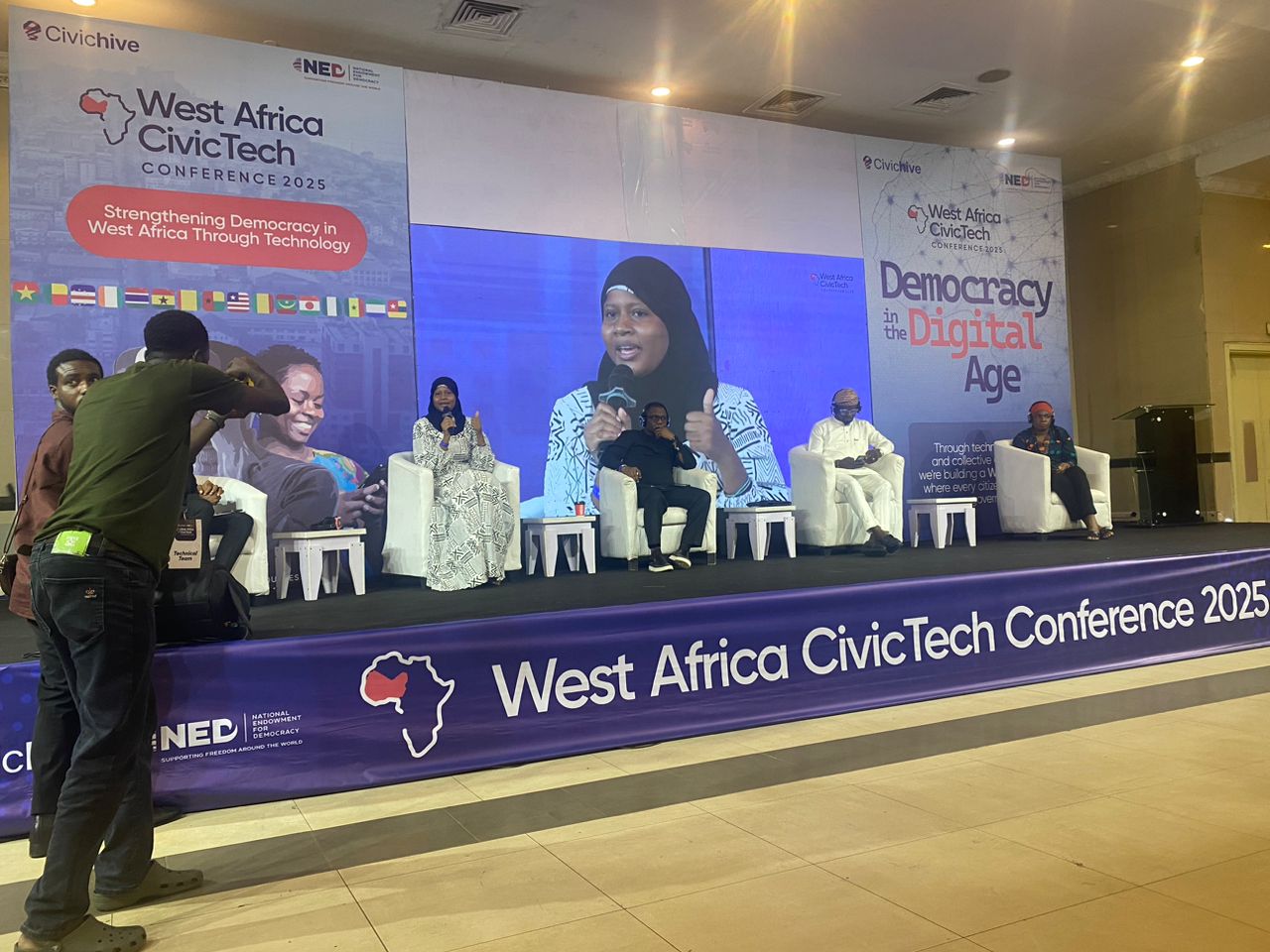
“Our projection is also to look outside Nigeria in such a way that we are able to tap from the expertise and knowledge out there to ultimately see is there are replicable civic-tech solutions that we can scale” he said.
Just like the Budgit director, Amenaghawon lamented that the last attempt to improve Nigeria’s election with the help of civic-tech solution did not produce the desired result.
“What else can we do differently? That’s really about our thinking. And we thought it was important for us to have a West African unveiling; have people from different part of West Africa to come and sit with us and have this conversation.”
Prior to the CivicTech Conference, Amaneghawon said his team also hosted a two-day hackathon, which although not competitive, was an ideation event to explore new ideas on issues of transparency and accountability, justice and human rights, media, election integrity and civic engagement.
He said the objective is to harness the ideas to develop concreate solutions that can be used to boost the system.
The Civic Hive director also explained that the choice of engaging mainly with young people in the civic-tech approach was because the future of the West African subregion lies in the youth.


